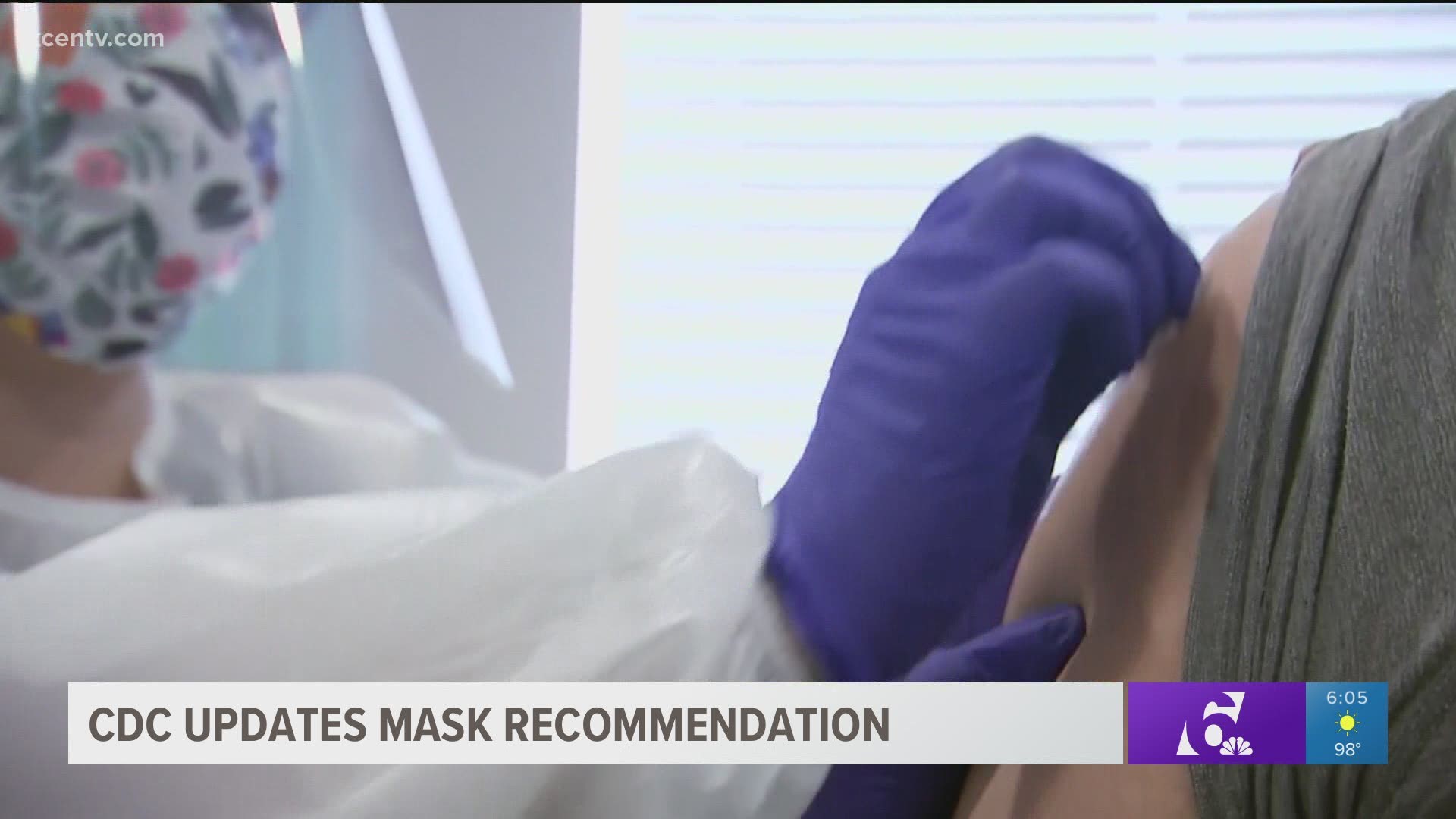TEMPLE, Texas — A Temple doctor is urging pregnant women to get vaccinated to protect themselves and their babies.
Dr. Jessica Ehrig is an Obstetrician and Gynecologist at Baylor Scott and White here in Temple. KCEN 6 news was able to sit down with her and discuss the dangers of both COVID-19 and the vaccine poses on an unvaccinated pregnant woman and her baby.
Are there negative side effects of the vaccine on a pregnancy?
Many women worry about the adverse side effects the vaccine can have on their pregnancy and eventually their baby. However, Ehrig states there are no worries, and that the data proves it.
"The CDC follows all pregnant moms that report, they were pregnant when they got the vaccine," Ehrig said. "We have data that there's no increased risk of side effects and pregnant moms that get the vaccine, no increased risk of fetal effects, or poor pregnancy outcomes in our moms that have gotten the vaccine."
Ehrig also debunks the idea that the vaccine crosses and attacks the placenta.
Can the vaccine cause you to be infertile?
Ehrig simply said this is not true.
"There is no evidence that the vaccine causes infertility in males or females," she said.
What are the side effects of getting COVID-19 on a pregnancy?
Ehrig emphasized the growing concerns with the Delta variant.
"We're seeing that our pregnant patients who get COVID are more likely to end up hospitalized, they're more likely to end up in the ICU, they're more likely to end up intubated, and what we've seen from our colleagues around the country, is actually an increase in maternal death as well," said Ehrig.
She also said there are increased effects for the fetus if the mother gets COVID-19.
"We know that COVID and pregnancy also confers risk to the baby with the bigger risk, the biggest risk, being preterm birth and stillbirth," she said.
Ehrig said these effects happen because mothers are experiencing dropping levels of oxygen which means their babies have low oxygen.
Are there benefits to getting the vaccine?
Ehrig said that the benefits of the vaccine continued for babies even after birth.
"Moms build an antibody response that's their body's protective mechanism following vaccination and those antibodies have been found to cross the placenta, and to provide protection to [the] baby after baby [is] born," said Ehrig.
She goes on to say, "Additionally, the same antibodies have been found in the breast milk, of these moms so then mom's continuing to provide protection to her baby after delivery".
Overall Ehrig says the best way to protect yourself and your baby is to get the vaccine.
Watch the full interview with Dr. Jessica Ehrig below.

